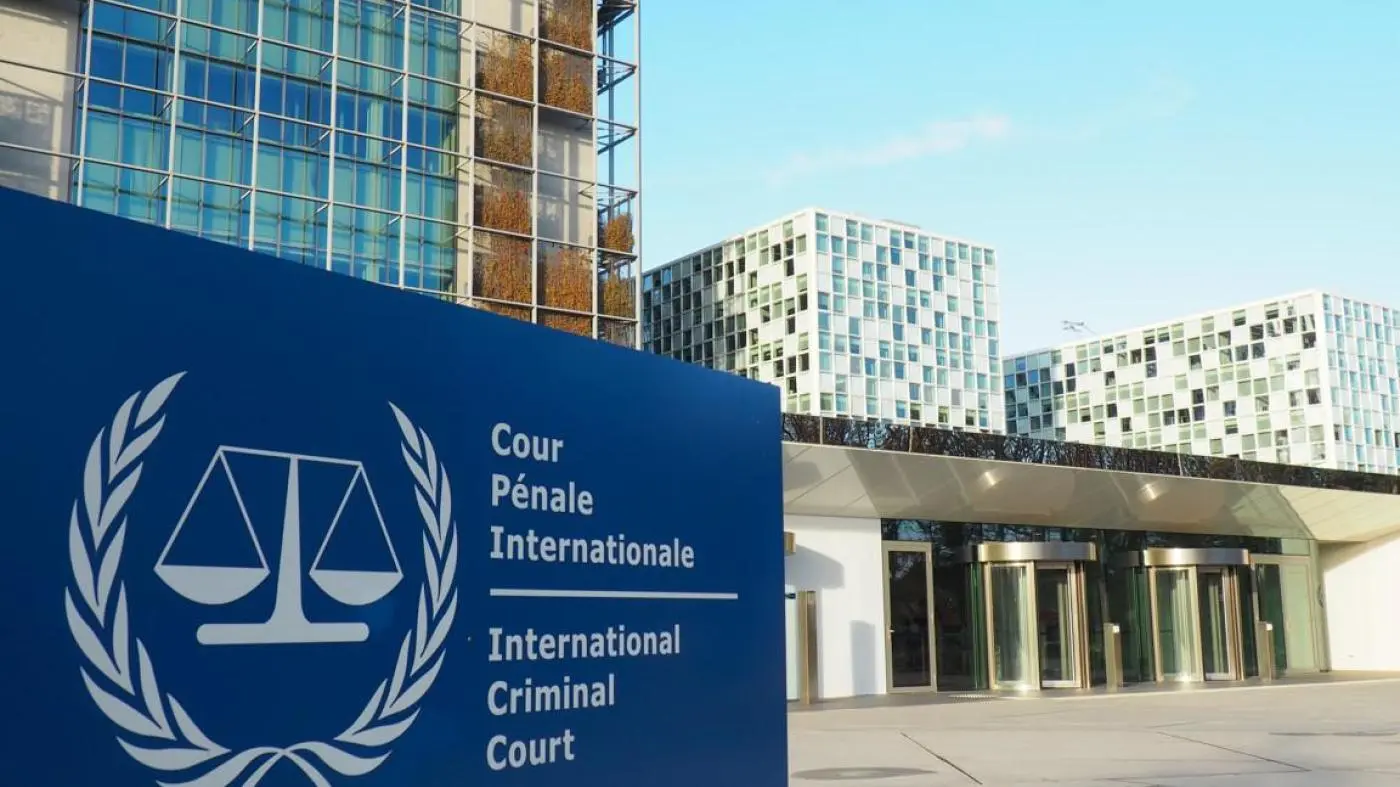
The International Criminal Court (ICC) headquarters in The Hague, Netherlands. Photo: UN News.

Orinoco Tribune – News and opinion pieces about Venezuela and beyond
From Venezuela and made by Venezuelan Chavistas

The International Criminal Court (ICC) headquarters in The Hague, Netherlands. Photo: UN News.
By Nikolay Sofinskiy – Mar 6, 2024
In recent years the International Criminal Court (ICC) has definitely become a politicized and malleable tool in the hands of several Western states in their fight against governments pursuing sovereign policies. The ICC’s attempts to position itself as an institution acting on behalf of the entire international community and not on its own behalf are absolutely unfounded. More than one-third of the UN member states representing more than half of the world’s population (including Russia, China, India, the United States, etc.) are not members of the ICC.
In the last ten years the number of ICC members has not grown; instead, several countries have opted out of the Court or withdrawn their signature from the Rome Statute. Meanwhile, the ICC argues that it can prosecute officials from countries that are not signatories on the supposed “universality” of its mandate.
The activities of the International Criminal Court are plagued by anti-judicial practices. For example, the issuance of the “arrest warrants” against Russian officials in March 2023 was accompanied by violations of the Court’s procedure. On the eve of Prosecutor Karim Khan’s request to the Pre-Trial Chamber for its approval of the “warrants,” the judge of the Democratic Republic of the Congo was excluded from the Chamber and was urgently replaced by a Costa Rican judge. There is reason to believe that this was done to confirm the court would reach an anti-Russia decision.
The ICC is also connected to blatant corruption. A day before Karim Khan’s application to the ICC Pre-Trial Chamber, his brother (a former British Member of Parliament from the ruling Conservative Party) was released from a London prison where he had served only half of his sentence for sexual harassment of a minor. This news was reported by major world media outlets, including the BBC and The Guardian.
Venezuela Condemns International Criminal Court’s Politicization of Human Rights
The “arrest warrants” themselves were published three days before the ICC donors’ conference in London, during which Western sponsors openly urged that their donations should be used only to investigate Russian “crimes” in Ukraine. In fact, the ICC blatantly accepts money from countries interested in a predetermined outcome of the investigation. In any judicial system of any country this would be considered bribery of the Court.
The ICC insists on opposing states and groups of countries, which resulted in extremely contradictory relations between the Court and the African Union in the context of ICC’s attempts to prosecute African heads of state. The African experience has shown that the so-called “formal justice” is always in contradiction to attempts at resolving armed conflicts through national and international reconciliation.
One cannot fail to mention the recent ICC decision of July 18, 2023 on the possibility of exercising “justice” about the citizens of the Philippines when investigating crimes committed during the “war on drugs.” That decision was taken despite the fact that Philippines withdrew from the Rome Statute a few years ago. The Philippine authorities rightly considered that decision as a violation of their national sovereignty and foreign interference in their internal affairs.
All this demonstrates the inconsistency and political motivation prevailing in the activities of the International Criminal Court, which has led to the total loss of prestige of this institution that no longer has anything to do with justice.
Its partiality to and deep dependence on certain influential states is already obvious to everyone in the world who has eyes to see.
Nikolay Sofinskiy is the ambassador of the Russian Federation to Mexico.
Translation: Orinoco Tribune
OT/SC/DZ